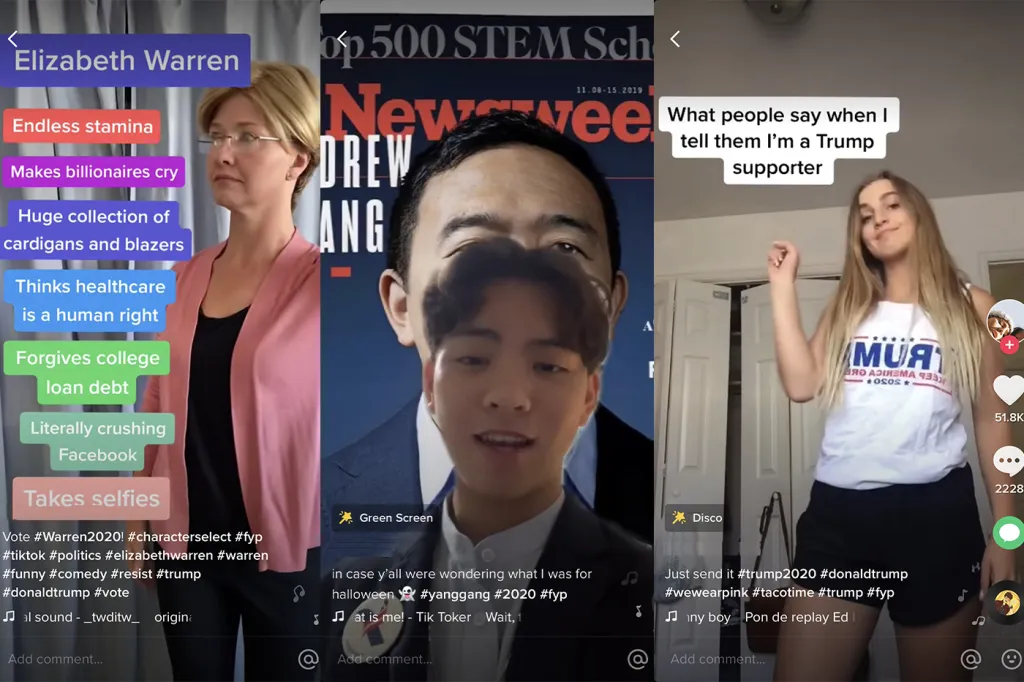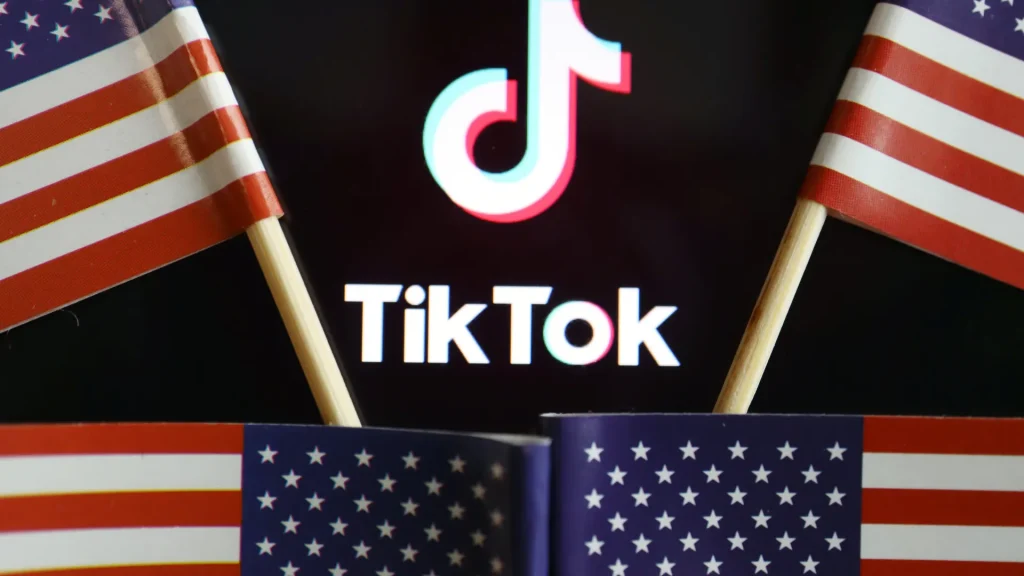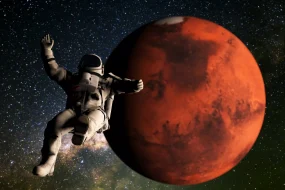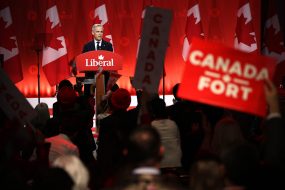
TikTok is undeniably one of the most powerful platforms of the modern internet age. With its bite-sized, viral videos and global reach, the app has become the epicenter of pop culture, trends, and sometimes, controversy. But while many users are on TikTok to share dance challenges, memes, and personal moments, there’s an underlying conversation happening about the app’s potential role in political influence and the spread of hidden agendas. Is TikTok simply a platform for fun and creativity, or is there a deeper, more insidious layer to its content—propaganda, political manipulation, or something else?
TikTok’s Political Nature: Not Just Fun and Games
While TikTok started as an app for lip-syncing and short-form entertainment, it has evolved into a much more complex space. Today, TikTok’s algorithm is fine-tuned to promote specific content to billions of users based on their browsing habits, likes, and engagement patterns. This means that the app isn’t just about what you watch but also about what you’re being shown, sometimes in ways that aren’t immediately apparent.
The app’s algorithm is designed to maximize engagement, keeping users scrolling for hours. In this pursuit, it doesn’t discriminate between light-hearted content and more serious or politically charged material. TikTok’s algorithmic bias can elevate videos promoting specific political ideologies, certain global events, or even nationalistic sentiments—often without clear context or the user’s awareness. This has sparked concerns among some users and political analysts that TikTok could be used to subtly sway opinions, especially in politically volatile regions.
Hidden Propaganda? How Political Agendas Creep In
While TikTok doesn’t explicitly advertise itself as a tool for political persuasion, there are instances where it serves as a battleground for influence. The platform has seen multiple cases of disinformation campaigns and “astroturfing” (the creation of fake grassroots movements) being pushed through viral videos. These campaigns are often designed to sway public opinion on issues ranging from elections to international relations.

A recent example can be seen with TikTok’s role in the 2020 U.S. elections, where various political groups created videos that subtly or overtly attempted to influence voters. This ranged from false claims about voting methods to spreading divisive political ideologies. Similarly, TikTok has been used in China to shape narratives surrounding political events such as the Hong Kong protests or the treatment of Uighur Muslims in Xinjiang. Content promoting the Chinese government’s point of view on these matters has circulated, often backed by hashtags and challenges that disguise the underlying message.
But even outside of outright misinformation, there’s a more nuanced form of “political funsies” at play: the spread of ideologies through entertainment. For example, TikTok trends can have a significant impact on how younger audiences view issues like climate change, social justice, or LGBTQ+ rights. While these trends are often well-meaning and educational, they also reflect the ideological biases of content creators, the TikTok community, and sometimes even corporate sponsors. In many cases, it becomes difficult to differentiate between genuine advocacy and a form of covert political persuasion disguised as a meme or challenge.
The National Security Concern: Can TikTok Be Used to Spy?
One of the most talked-about aspects of TikTok’s political nature is its ownership. TikTok is owned by ByteDance, a Chinese company that has faced scrutiny from Western governments, including the U.S. The concern is that TikTok could be used by the Chinese government to gather data or influence global events. While there’s no direct evidence that TikTok has been used for spying, the app’s data collection practices and ties to China have led to accusations of it being a potential tool for espionage. Governments have gone as far as banning TikTok on government devices, citing national security risks.

This fear is compounded by the fact that TikTok’s algorithm doesn’t operate the same way as other social media platforms. Instead of showing users content from their immediate network of friends, TikTok promotes content from all over the world. This global reach means that the app has the potential to shape not just individual behaviors but national conversations.
Is It Just Fun, or Something More?
TikTok remains an undeniably powerful tool in the digital age, and its influence over culture and politics is growing. But whether the platform is simply an outlet for creativity or a vessel for hidden propaganda depends on your perspective. On one hand, TikTok offers users the freedom to express themselves in ways that few other platforms can match. On the other, its ability to shape public discourse—through viral videos, trends, and political narratives—raises serious questions about its broader role in society.
As TikTok continues to grow, we may see an increased focus on how the platform is being used politically. For now, though, it seems clear that TikTok is not just a place for “funsies”—it’s a space where entertainment, ideology, and political power collide.













